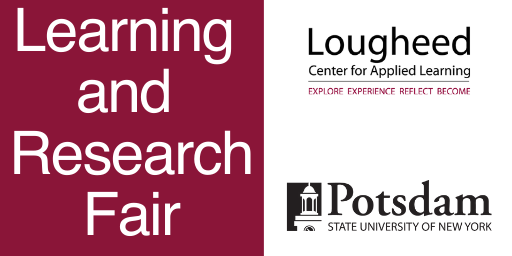Long ago, Indigenous peoples first discovered maple syrup. Today, it remains an integral part of many people’s lives and a key economic product in the Northeast U.S. and Canada. Historically, Quakers promoted maple products as an alternative to sugarcane, which depended upon enslaved labor. Today, the maple syrup market is worth billions of dollars, but commercial sugaring methods (in which sap is vacuumed from trees and non-maples are thinned from the sugarbush) is largely extractive and corporate in orientation. This study examines SUNY Potsdam’s sugaring potential. Data documenting trunk circumferences will help identify the best trees to tap and estimate the potential yield from the campus’ micro-sugarbush. But we should consider the ethics of production modes and levels. When is it that less is more? My research will help underscore the importance of maintaining a sustainable relationship with the maple trees on campus.
Social Sciences
From Tree to Table: Honoring History and Sustainability in SUNY Potsdam’s Micro Sugarbush (2025)
Student(s): Makenzie Kuntz
Project Mentor(s): Tim Messner




